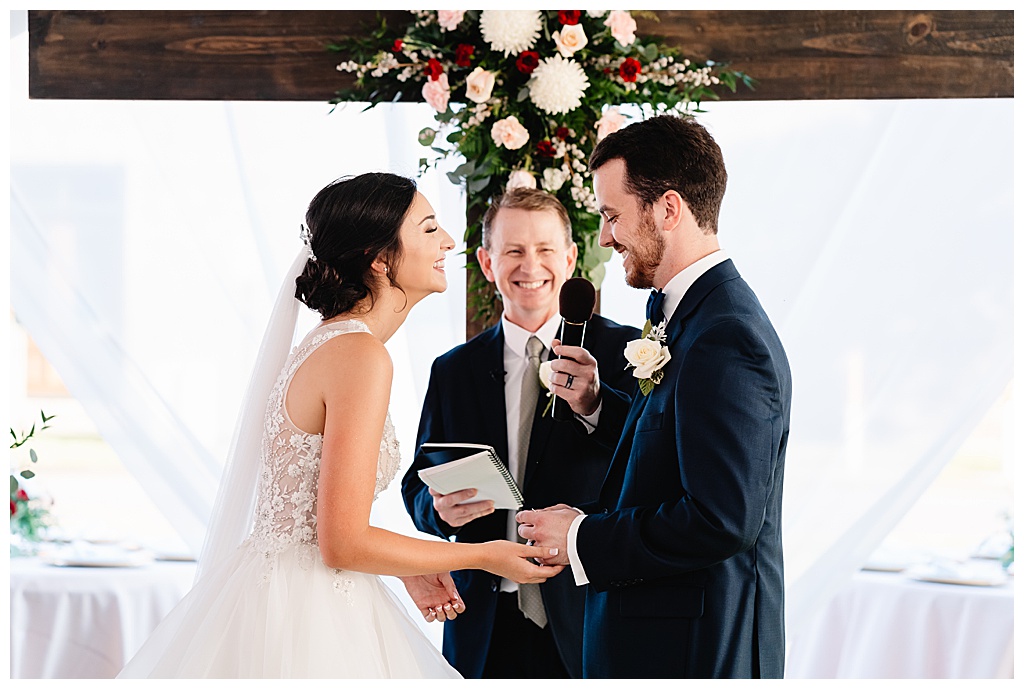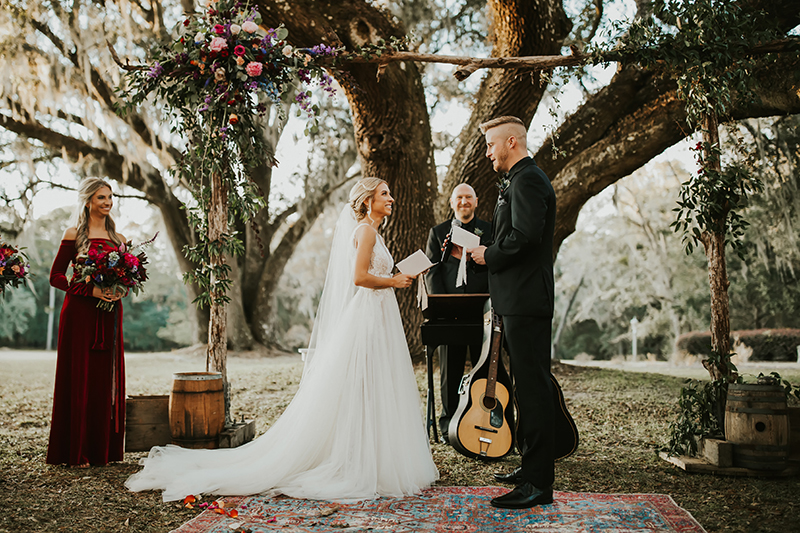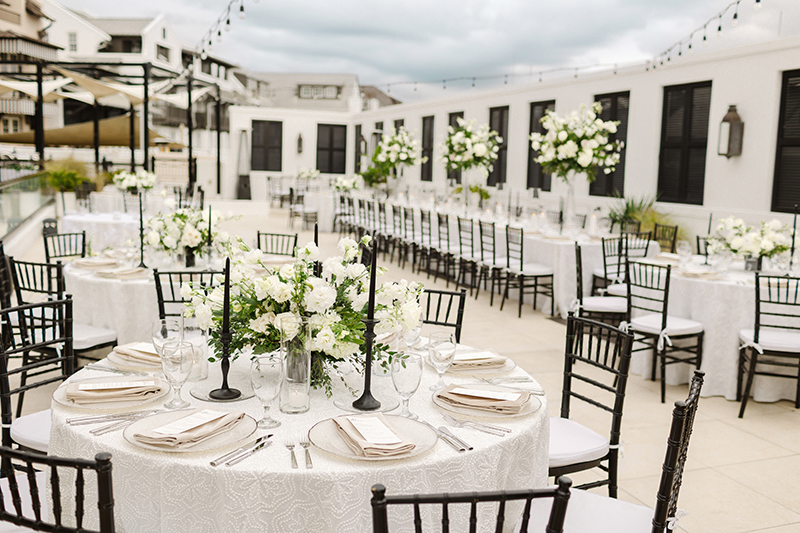How to Select a Wedding Officiant
By Rebecca Padgett Frett
Naturally, couples looking forward to marrying tend to want to plan the fun stuff first. As a result, the critically important selection of an officiant may often be overlooked, at least early on. An officiant conducts your wedding ceremony, legally marries you and often counsels couples in the months leading up to marriage. It’s wise to start the officiant search early to ensure your selection is right for your wedding.
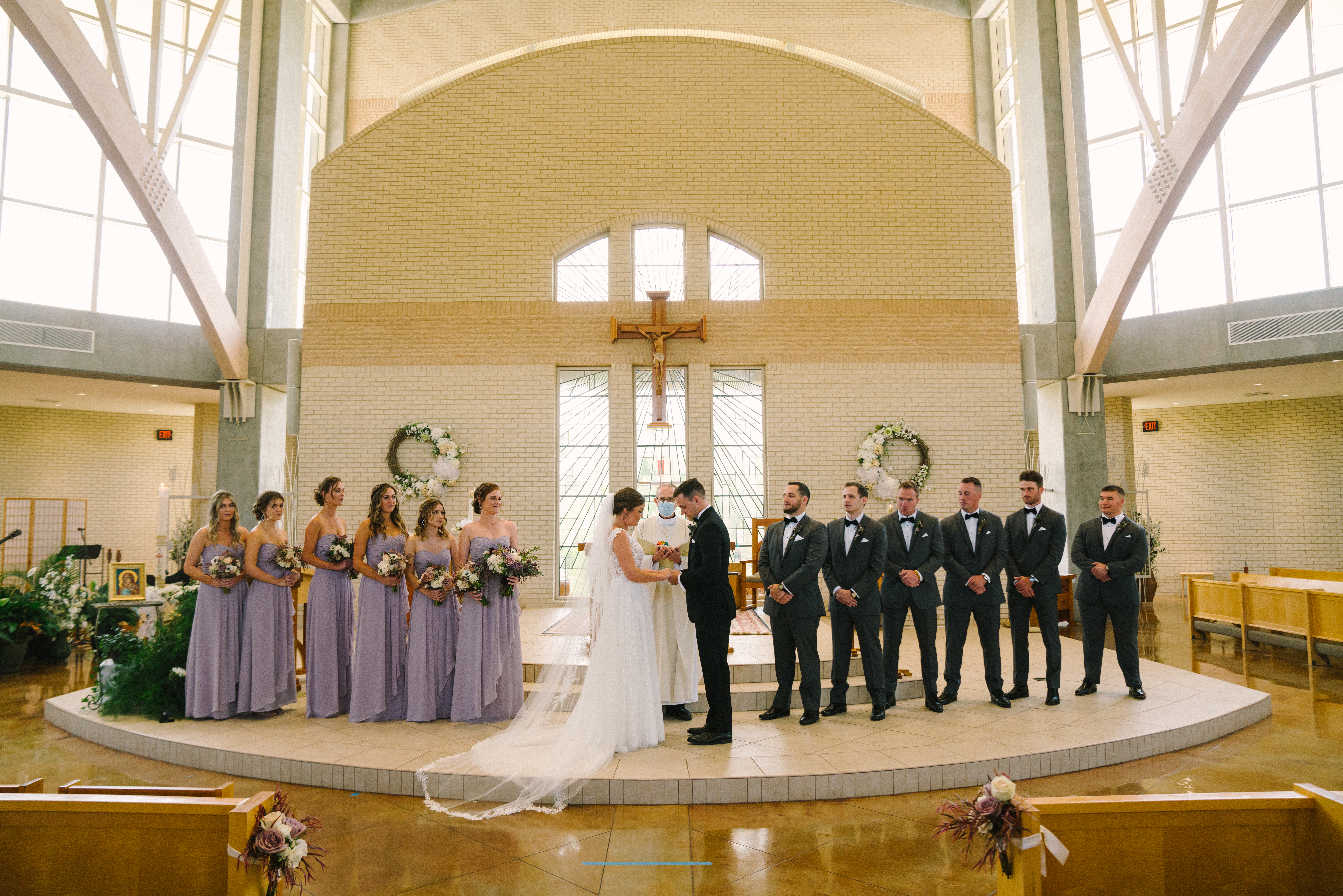
Types of Officiants
The two main types of officiants are religious and secular. Which you select will largely revolve around whether your ceremony will be religious and what the location is. For a religious ceremony, your officiant could be a priest, preacher, rabbi or other spiritual leader. If you are set on a particular church or synagogue, they may choose an officiant for you. Those who perform religious ceremonies often have set scripts that align with the religious customs of the faith. As well, religious officiants often require pre-marital counseling.
Secular officiants or civil officiants may be a judge, a courthouse employee, a professional officiant or a friend or family member. Should you want a friend or family member to be your officiant, they will need to abide by the proper procedures to become registered. In Florida, this includes an application process that can be completed online.
Costs
Professional officiants are going to charge between $300 and $800. This price does not include any travel or lodging fees. Religious leaders typically perform the ceremony for free, especially if the couple is a member of the church. It is suggested, though, that the couple make a donation to the church. If you select a friend or family member, it’s likely they won’t charge you, but you should offer to pay for any fees related to becoming ordained and their travel. Plus, send them a gift of appreciation.
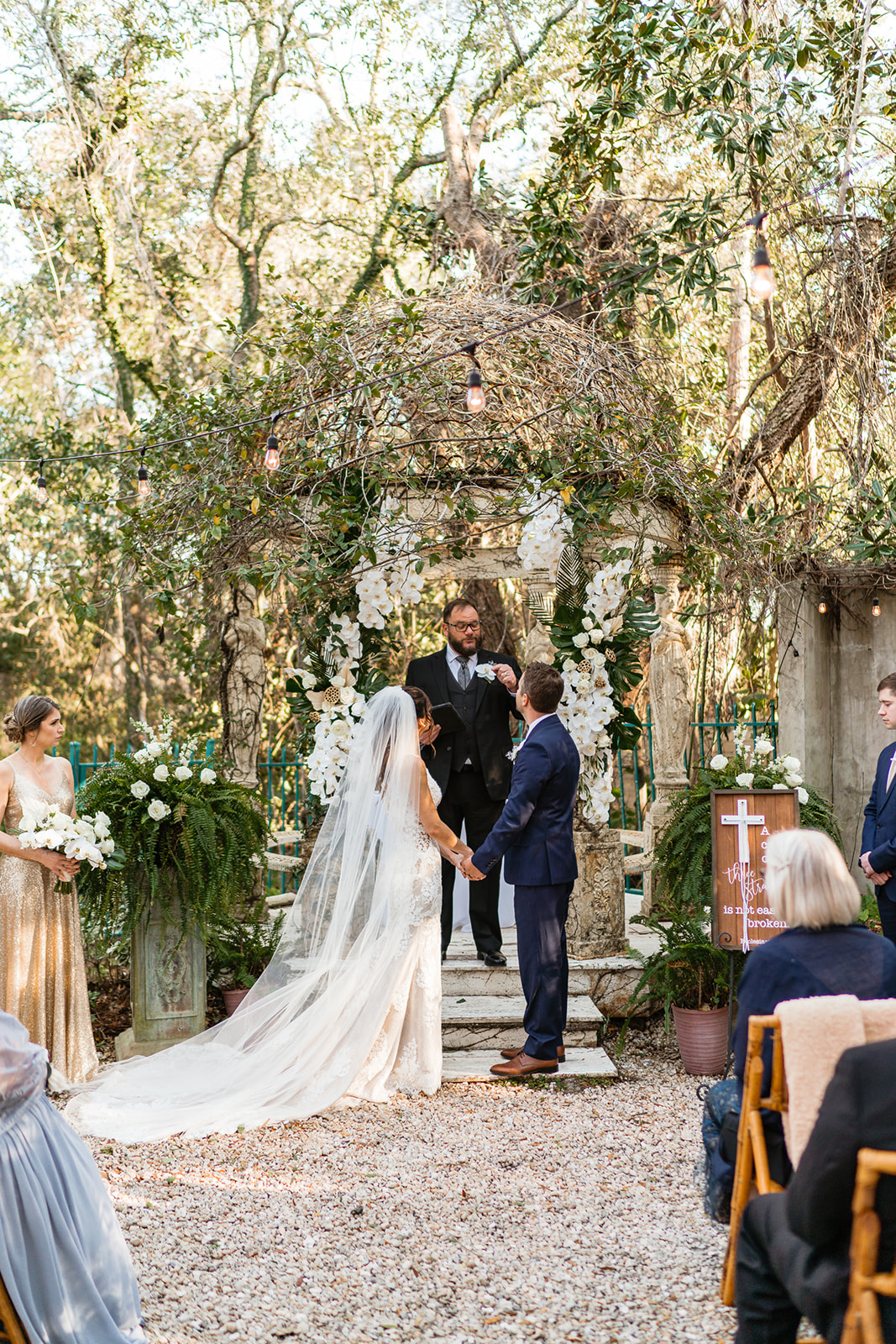
Research
Many officiants either have a website or have bios on a church’s website. If the officiant appears qualified and experienced, contact him or her to arrange a meeting via phone, Zoom or in person.
When you meet with the officiant, ask them how they typically conduct a wedding ceremony. Know what is important to you. Do you want a streamlined, cookie-cutter ceremony? Do you want religious aspects? Do you want the officiant to get to know you as a couple or keep it general? Do you want a completely customizable ceremony? Knowing these things about yourself will let you know if the officiant in front of you is the right one.
During this time, ask if there are any requirements of you such as counseling, additional meetings, questionnaires to be filled out, etc.
Get to Know
Get to know the officiant on a personal level. Like everyone highly involved in your wedding planning, you’ll want an officiant that you mesh with. If the vibe is off when meeting, it will be off on your wedding day. You want someone who makes you feel comfortable and at ease, especially in the presence of wedding day jitters.
Depending on what’s important to you, these are some character traits that you can look for — a confident speaker, a sense of humor, compassion, an engaging presence, a relatable personality, a clear voice, and an alignment of values.
Values are particularly relevant in a religious ceremony. Some religious officiants may be more conservative or orthodox in their faith, in which case you should ensure your views on religion are the same or similar.
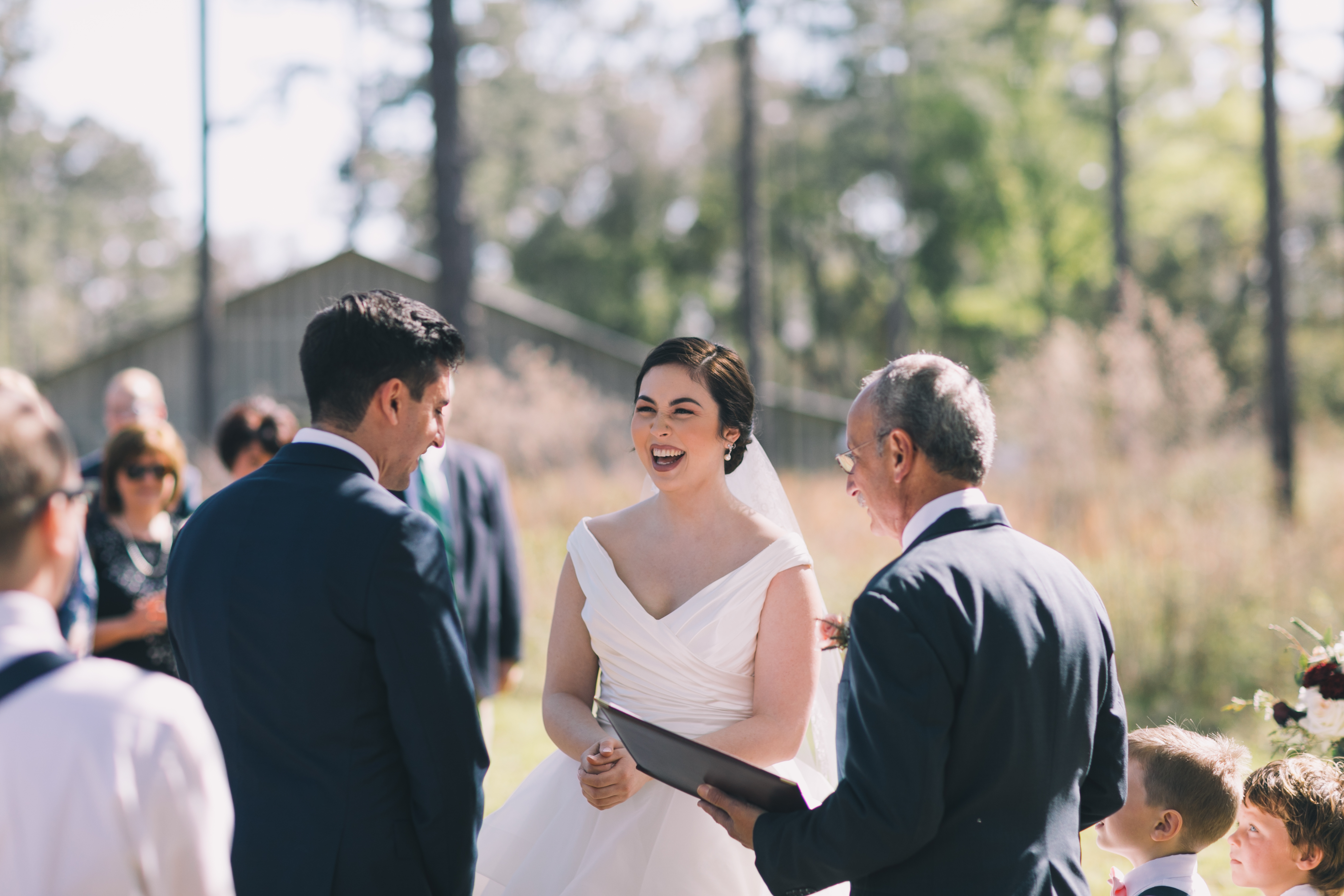
Questions to Ask:
How many weddings have you officiated?
Are you available on our wedding date at this location?
What does your typical wedding ceremony script include?
How do you personalize/can you personalize?
Can we have input on the ceremony script?
On average, how long do your ceremonies last?
Do you require or provide counseling?
Will you help with our marriage license process?
What does your contract include?
What are your fees?

